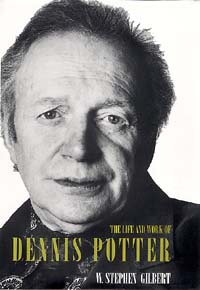A Quote by Katharine Elizabeth Fullerton Gerould
Conventional manners are a kind of literacy test for the alien who comes among us.
Related Quotes
In Selma, Alabama, in 1965, only 2.1 percent of blacks of voting age were registered to vote. The only place you could attempt to register was to go down to the courthouse. You had to pass a so-called literacy test. And they would tell people over and over again that they didn't or couldn't pass the literacy test.
Cannot swords be turned to plowshares? Can we and all nations not live in peace? In our obsession with antagonisms of the moment, we often forget how much unites all the members of humanity. Perhaps we need some outside, universal threat to make us recognize this common bond. I occasionally think how quickly our differences worldwide would vanish if we were facing an alien threat from outside this world. And yet, I ask you, is not an alien force already among us? What could be more alien to the universal aspirations of our peoples than war and the threat of war?
Ah! In fact there are two moralities ... The petty one, the conventional one, the one devised by men, that keeps changing and bellows so loudly, making a commotion down here among us, in a perfectly pedestrian way ... But the other one, the eternal one, is all around and above us, like a landscape that surrounds us and the blue sky that gives us light.





































